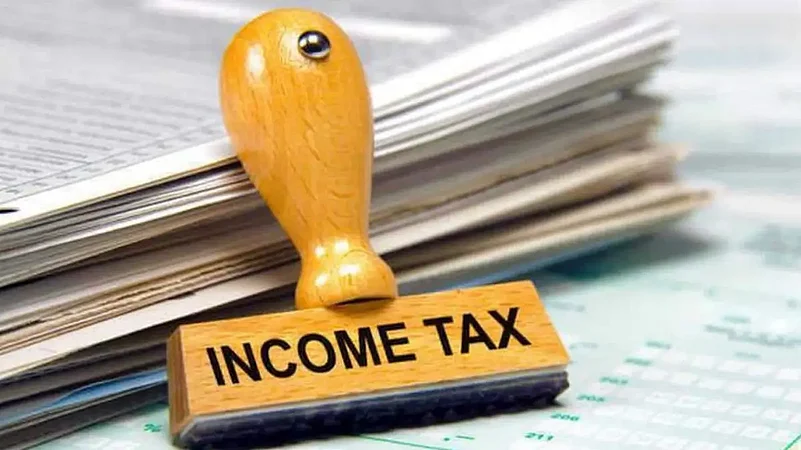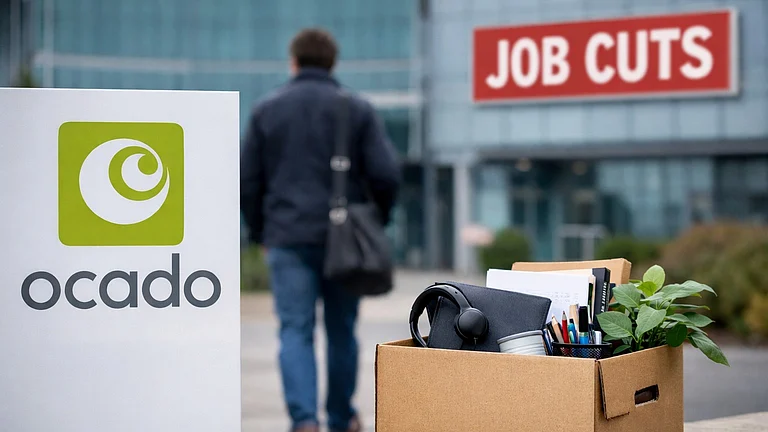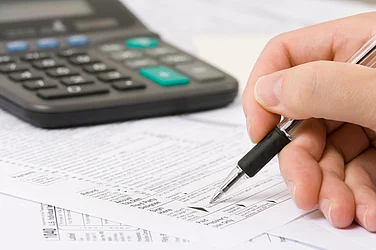I have a self-occupied house, which I have declared in my income tax return (ITR). My wife is a homemaker and stays with me and has no other income except for bank interest. She is also a single owner of a small house in a town 50 km away from where we stay. It was vacant for the whole of last year. When my wife files her ITR this year, can she claim her house as self-occupied or will it be considered as deemed let out and the net annual value (NAV) calculated accordingly?
Answer: Under the provisions of the Income-tax Act, 1961, an individual and a Hindu Undivided Family (HUF) are allowed to have maximum two houses as self-occupied and the annual value of both the self-occupied house properties are taken as nil for income tax purposes.
In case a taxpayer owns and occupies more than two house properties, the taxpayer has to choose any of two such properties as self-occupied, and other self-occupied properties are deemed to have been let out on which notional rent has to be offered for tax.
In order to claim any property as self-occupied, the taxpayer need not actually occupy the same for his/her own residence. Even house property which is occupied by a relative on which no rent is received can be treated as self-occupied. Likewise, any property which is not let out and is lying vacant can also be claimed as self-occupied.
So, your wife can claim the property owned by her as self-occupied even if she is staying with you in the house property owned by you.
A senior citizen can submit form no. 15H if tax payable by him/her is nil after chapter VI deductions. Is this tax liability computed after considering rebate available under Section 87A?
Answer: Till financial year 2022-2023, a resident individual taxpayer was entitled to claim rebate of tax up to Rs. 12,500 under Section 87A against tax liability if the net taxable income after all deductions did not exceed Rs. 5 lakh. From the current financial year, the rebate under Section 87 A is available up to Rs. 25,000 of tax liability under the new tax regime if the net taxable income does not exceed Rs. 7 lakh. For those opting for the old tax regime, the tax rebate and eligibility threshold income continue to be Rs. 12,500 and Rs. 7 lakh respectively.
For the purpose of determining the eligibility to submit form no. 15H for no deduction of tax at source (TDS), it is the final tax liability available after rebate under Section 87A that will to be considered.
I am aware that there is no tax deduction at source (TDS) for family pension. If a senior citizen with family pension has a tax liability of say, Rs. 1 lakh, then will he/she liable to pay advance tax?
Answer: A senior citizen is exempted from payment of advance tax as long as he/she does not have any income taxable under the head “Profits and Gains of business of profession”.
This is irrespective of whether tax has been deducted at source on the income which is taxable in his/her hands, including the family pension received by the individual.
Balwant Jain is a tax and investment expert
(Disclaimer: Views expressed are the author’s own, and Outlook Money does not necessarily subscribe to them. Outlook Money shall not be responsible for any damage caused to any person/organisation directly or indirectly.)
























.png?w=200&auto=format%2Ccompress&fit=max)






